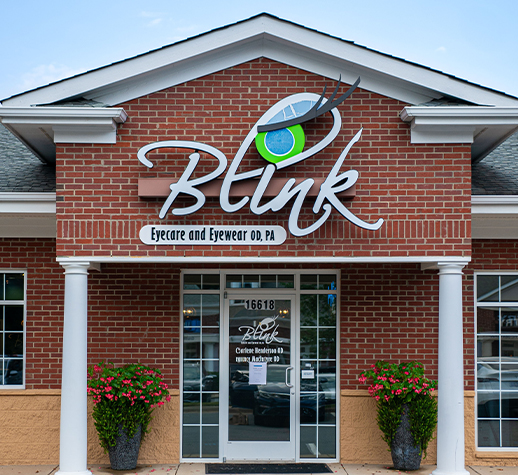
Pink eye, also known as conjunctivitis, is a specific type of eye inflammation. It's characterized by the inflammation of the conjunctiva, the clear tissue that covers the white part of the eye and lines the inside of the eyelids. Pink eye can cause a wide range of symptoms, including redness, itchiness, a gritty feeling, and a discharge that can form a crust. It is paramount to understand their triggers, causes, and preventive measures. This knowledge can help you maintain your eye health and avoid the discomfort these conditions bring.
What Triggers Pink Eye?
A key aspect of managing pink eye lies in understanding its triggers. The condition can be precipitated by various factors. Commonly, it is caused by bacterial or viral infections. The same viruses that cause common colds can also lead to conjunctivitis.
Allergies are another substantial trigger for pink eye. This type of conjunctivitis, known as allergic conjunctivitis, is a response to allergens like pollen, dust mites, or pet dander. Irritants such as smoke and chlorine in swimming pools can also cause an inflammation of the conjunctiva.
It's also worth noting that pink eye can be highly contagious. For instance, viral and bacterial conjunctivitis can easily spread through direct or indirect contact with the eye secretions of someone infected.
The Importance of Regular Eye Exams
One of the most effective measures to prevent eye inflammation, including pink eye, is to undergo regular eye exams. These exams enable early detection of potential issues and provide an opportunity for intervention before the condition worsens.
During an eye exam, your optometrist will assess your visual acuity and examine your eye health. This includes checking for signs of inflammation and other eye conditions.
If you are prone to allergies or have a history of eye diseases, regular eye exams become even more crucial. Your eye doctor can offer personalized advice and treatment options based on your specific needs and medical history.
Steps to Take if You Suspect Pink Eye
If you suspect pink eye, maintain good eye hygiene. This includes washing your hands frequently and avoiding touching or rubbing your eyes. If you wear contact lenses, ensure they are cleaned properly and avoid wearing them for extended periods.
The next step is to seek medical attention. Symptoms such as redness, itching, and discharge should not be ignored.
Your doctor will likely ask about your symptoms and perform an eye exam. In some cases, they might take a sample of your eye discharge to determine the cause of the inflammation.
If you've been diagnosed with pink eye, follow your doctor's treatment plan carefully. This might include eye drops or ointments, warm compresses, or over-the-counter remedies. It's also important to practice good hygiene to prevent the spread of the infection.
Keeping Your Eyes Healthy and Inflammation-Free
Understanding eye inflammation and pink eye is an essential part of maintaining your eye health. By recognizing the triggers and causes, undergoing regular eye exams, and being proactive if you suspect pink eye, you can help keep your eyes healthy and inflammation-free.
If you are experiencing symptoms of pink eye, consult with our professionals for proper diagnosis and treatment at Blink Eyecare and Eyewear in our Charlotte, North Carolina office. We provide quality eye care services and products for the entire family. Call (704) 817-3800 to schedule an appointment today.












